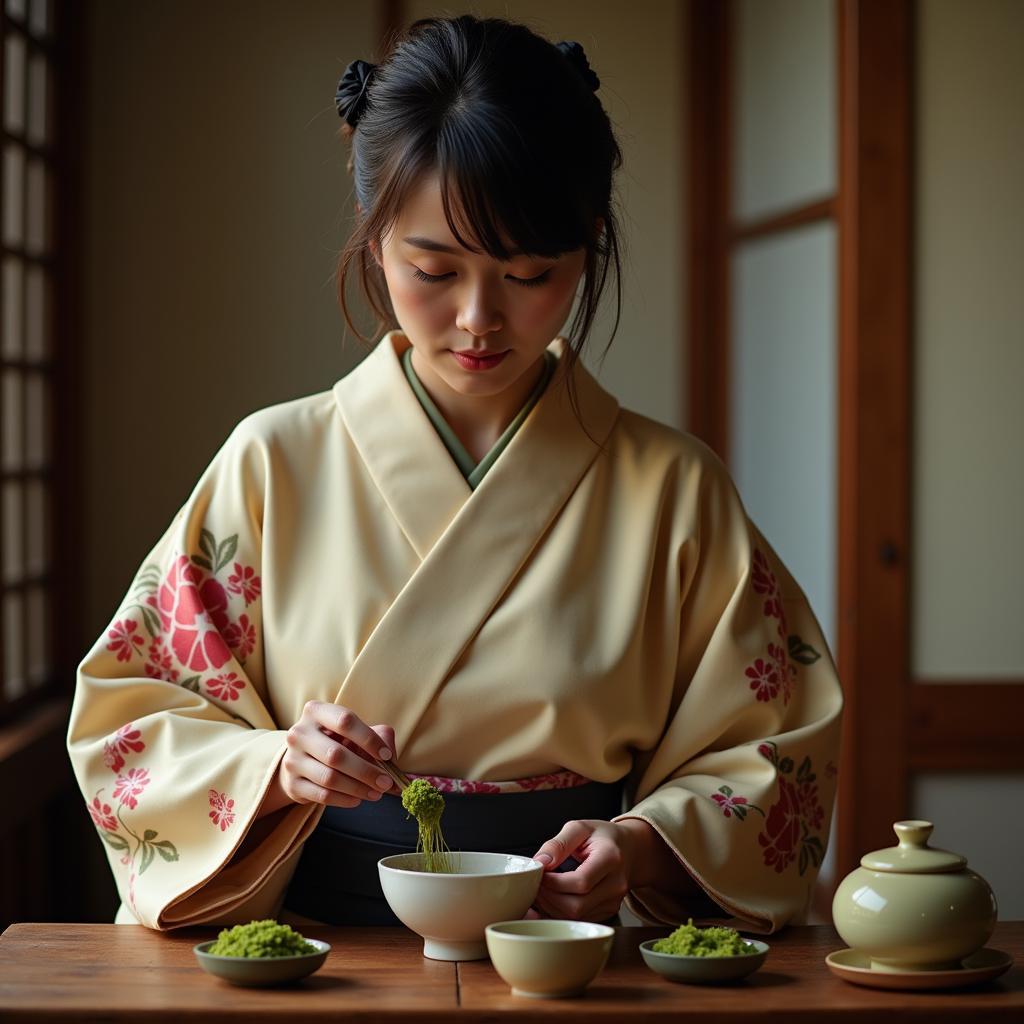The concept of “Feminine Foods” can be a fascinating journey into the intersection of food, culture, and gender. It’s a journey that goes beyond mere sustenance, delving into the intricate ways in which our food choices reflect and shape our identities.
What Exactly are Feminine Foods?
Feminine foods, simply put, are foods that are often associated with femininity. However, it’s important to note that this association is largely shaped by cultural norms and societal perceptions rather than any inherent qualities of the food itself. What’s considered “feminine” in one culture might be completely different in another.
For instance, in some Western cultures, delicate pastries, salads, and fruit tarts are often perceived as feminine foods, perhaps due to their aesthetically pleasing presentation and perceived lightness. In contrast, hearty stews and roasted meats might be categorized as more masculine.
The Cultural Context of Feminine Foods
The concept of feminine foods is deeply intertwined with cultural notions of gender roles and expectations. Historically, in many societies, women were primarily responsible for food preparation and domestic work. This led to certain foods being linked to femininity, often those requiring patience, meticulous preparation, and an eye for detail.
 Japanese Tea Ceremony: An Example of Feminine Rituals Around Food
Japanese Tea Ceremony: An Example of Feminine Rituals Around Food
A fascinating example of this can be seen in the elaborate rituals surrounding tea ceremonies in Japan. Traditionally performed by women, these ceremonies involve precise movements, intricate knowledge of tea preparation, and a focus on creating a harmonious and aesthetically pleasing experience.
Challenging the Binary: Feminine Foods in a Modern World
Today, as traditional gender roles continue to evolve, it’s crucial to approach the concept of “feminine foods” with nuance and a critical lens. Are we perpetuating outdated stereotypes by labeling certain foods as inherently feminine or masculine?
The reality is that our relationship with food is deeply personal and multifaceted. What one person finds empowering to consume might differ greatly from another’s experience. The beauty of food lies in its ability to connect us across cultures, genders, and personal preferences.
Embracing Inclusivity in the Culinary World
Instead of rigidly categorizing foods as feminine or masculine, perhaps a more inclusive approach is to celebrate the diversity of culinary experiences and the stories they tell. Let’s encourage exploration and appreciation for all kinds of foods, regardless of cultural assumptions.
him foods is a great resource to explore the concept of masculine foods. You can find more information about balancing different food energies with our yin yang food chart pdf.
Ultimately, the most important thing is to approach food with curiosity, respect, and an open mind. Let’s break down barriers and create a more inclusive and delicious world for everyone.
Expert Insight: “Food is more than just sustenance; it’s a powerful tool for self-expression and storytelling,” says renowned food anthropologist Dr. Anya Sharma. “By embracing the diversity of culinary traditions and challenging rigid categorizations, we can foster a more inclusive and vibrant food culture.”
FAQ
1. Are there health benefits associated with consuming “feminine” foods?
The nutritional value of food depends on its ingredients and preparation methods, not on any perceived gender associations.
2. Is it harmful to raise boys and girls with different ideas about “appropriate” foods?
Limiting food choices based on gender stereotypes can lead to unhealthy eating habits and reinforce restrictive societal norms.
3. How can we challenge gender stereotypes related to food in our own homes?
Encourage children to try a variety of foods and involve them in the cooking process. Avoid labeling foods as “for boys” or “for girls.”
4. Can you give some examples of dishes that challenge traditional gender norms?
Fusion dishes that combine flavors and techniques from different cultures often defy easy categorization, as do dishes that reimagine classic recipes in new and unexpected ways.
For any inquiries or assistance regarding food and nutrition, please contact us:
Phone: 02437655121
Email: [email protected]
Address: 3PGH+8R9, ĐT70A, thôn Trung, Bắc Từ Liêm, Hà Nội, Việt Nam.
Our dedicated customer support team is available 24/7 to assist you. To learn more about food resources in your local area, visit csula food pantry.